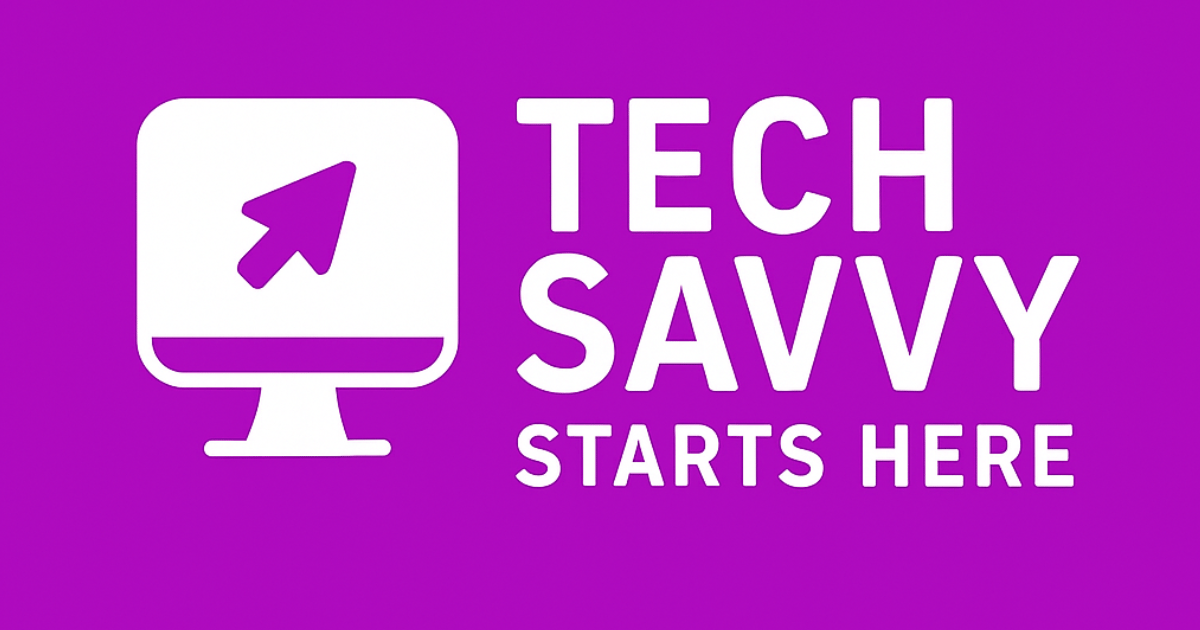Dear Techies,
Over the past four weeks, we explored how AI chatbots can help you learn in a way that works for YOU—whether you are a visual, auditory, reading/writing, or kinesthetic learner.
If you followed along, you would have seen just how powerful AI can be when paired with personalized learning. If not, do not worry. This post brings it all together.
Let us recap what we covered, reflect on how far we have come, and talk about how you can keep growing with AI-powered learning tools by your side.
📚 What We Covered
1. Visual Learners — Learning with Your Eyes
Visual learners thrive with images, structure, and diagrams. AI chatbots can:
Turn explanations into tables, charts, or visual summaries
Provide step-by-step flowcharts or outlines
Recommend videos or tools to bring concepts to life visually
Prompt : Compare machine learning models using a chart.
2. Auditory Learners — Learning by Listening
Auditory learners process information best through sound. AI can:
Speak aloud using voice features or text-to-speech
Provide podcast-style explanations or audio-friendly summaries
Simulate real conversations or debates
Prompt : Explain this concept like a podcast episode.
3. Reading/Writing Learners — Learning Through Text
These learners shine when they read, write, and reflect. Chatbots can:
Summarize and structure topics with headings and bullets
Generate quizzes, glossaries, or writing prompts
Act as writing coaches for deeper reflection
Prompt : Summarize this topic using short paragraphs and key points.
4. Kinesthetic Learners — Learning by Doing
Hands-on learners need to move, build, and try things. AI chatbots can:
Guide step-by-step tasks and real-world projects
Simulate scenarios or provide physical challenges
Encourage reflection and refinement through trial and error
Prompt : Give me a hands-on task to apply this concept.
🧠 Why This Series Mattered
Every person learns differently—and that is not a weakness. It is a superpower.
The beauty of AI is that it does not require you to change your learning style. It adapts to you. It can:
Generate content in your preferred format
Offer real-time feedback
Help you stay engaged, organized, and curious
AI chatbots are more than just tools—they are flexible, always-on study companions ready to meet your unique needs.
✅ What You Can Do Next
1. Reflect on Your Learning Style
Which style resonated with you the most? Which AI strategies helped you stay focused or retain more?
2. Combine Styles for Mastery
Most of us are a mix of learning styles. Try combining approaches—for example, asking for a written summary and then reading it aloud.
3. Build an AI-Powered Learning Routine
Create a regular habit where you use a chatbot to:
Set learning goals
Review notes
Test knowledge
Reflect or journal what you’ve learned
4. Share What You have Learned
Teaching is one of the most effective ways to learn. Share your new insights. Write a blog post, explain a concept in your own words, or post a carousel on social media.
📣 Final Challenge
🎯 Choose one topic you have been avoiding—something you want to learn but have not started.
Then ask your chatbot to guide you in your learning style.
Visual? Ask for a diagram.
Auditory? Request a voice summary.
Text-based? Get an outline.
Hands-on? Ask for a project.
Then reply to this email or tag me @TechSavvyStartsHere and tell me what you learned!
🚀 What is Next?
This is not the end. It is just the beginning of using AI intentionally to grow your skills, your confidence, and your future.
Stay tuned—and keep learning, your way. 💡
Enjoyed this edition?
Forward it to a friend or colleague who will enjoy it as well.
Missed something? Catch up in the newsletter archive.
🧠 Keep learning. | 💬 Keep questioning. | 💥 Keep growing.
Your Tech Partner,
Ijeoma Ndu, PhD

